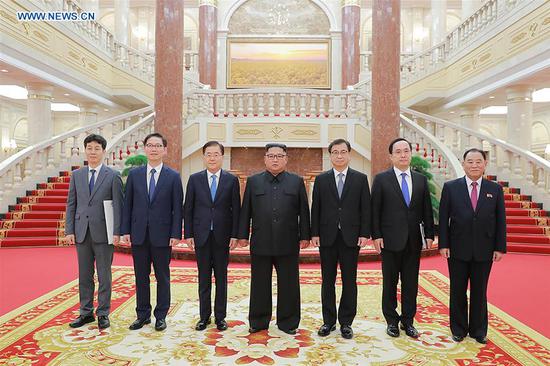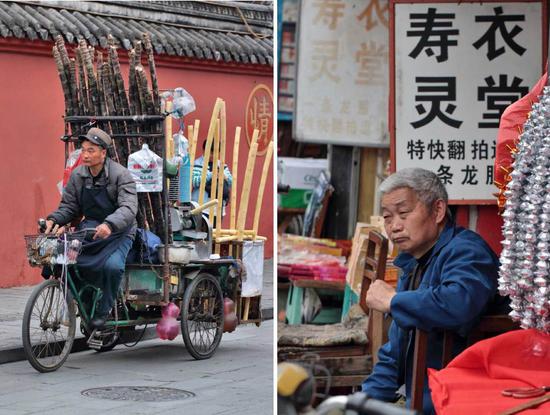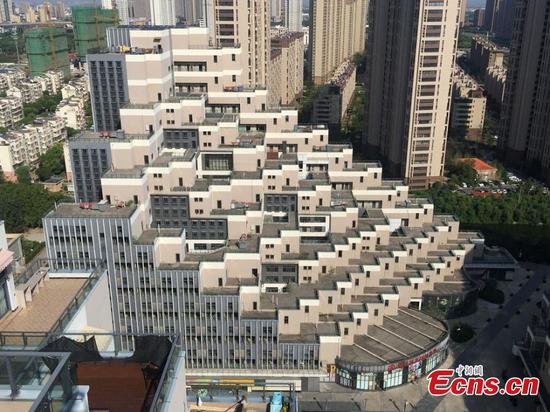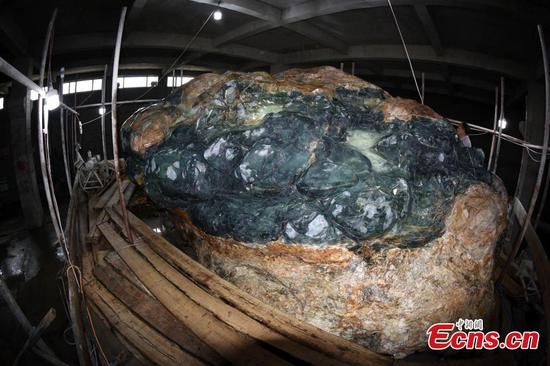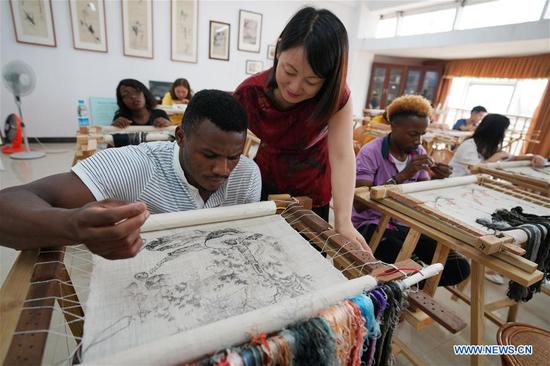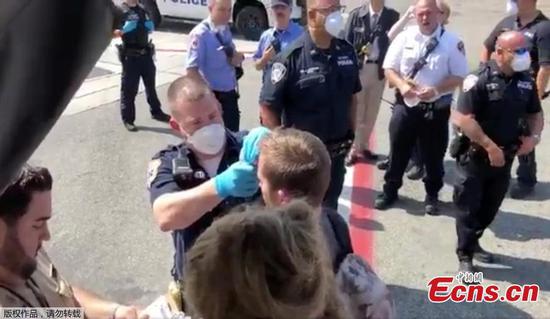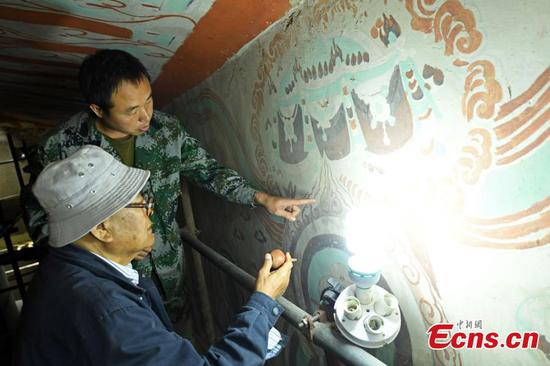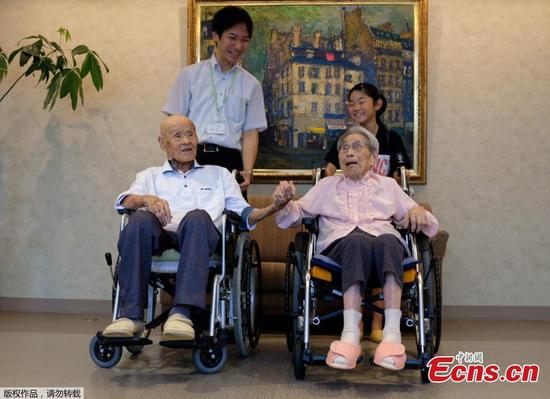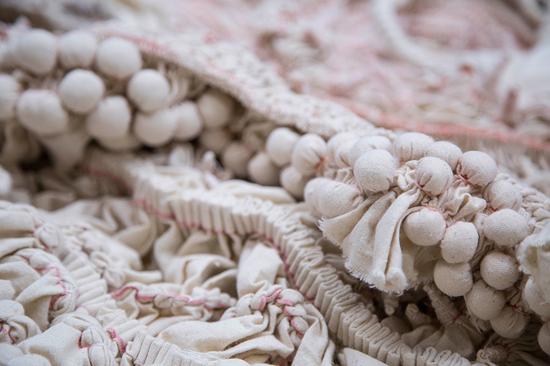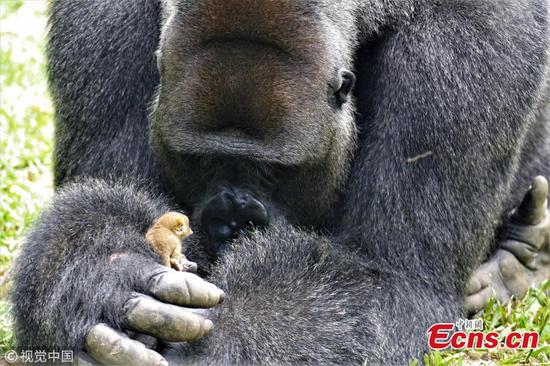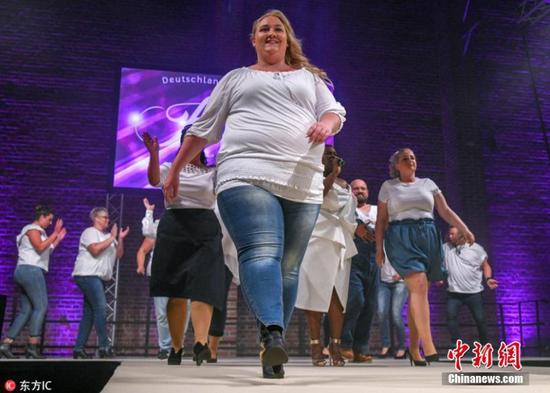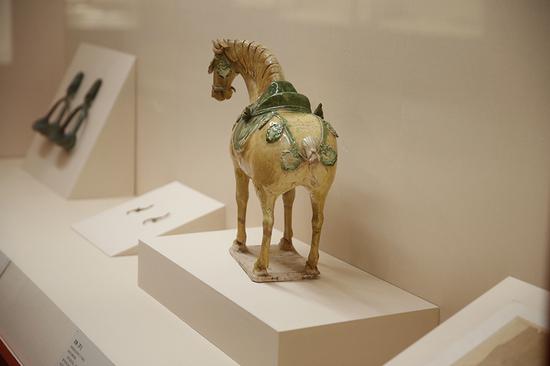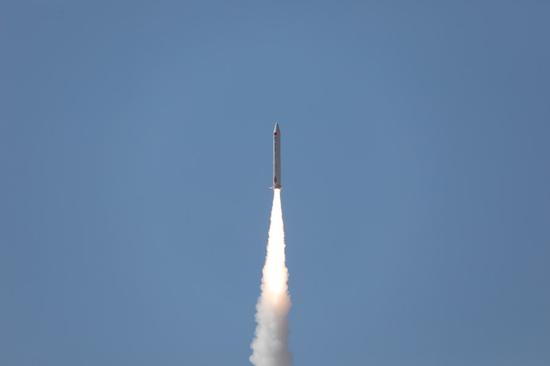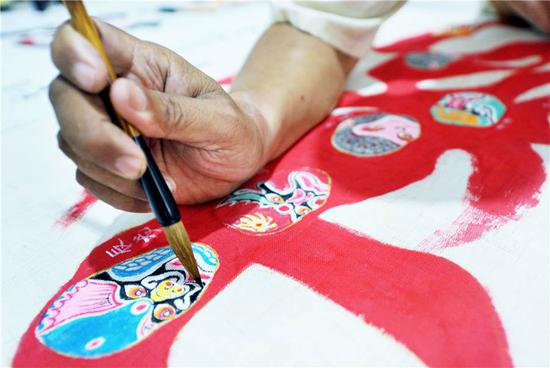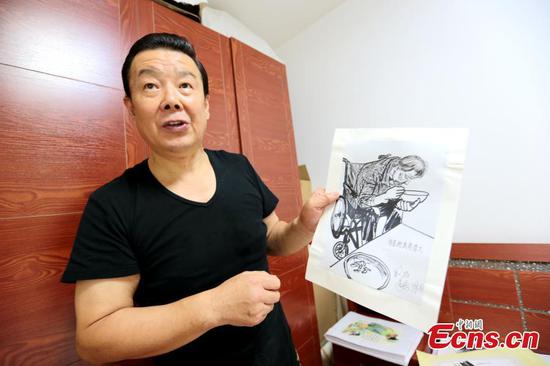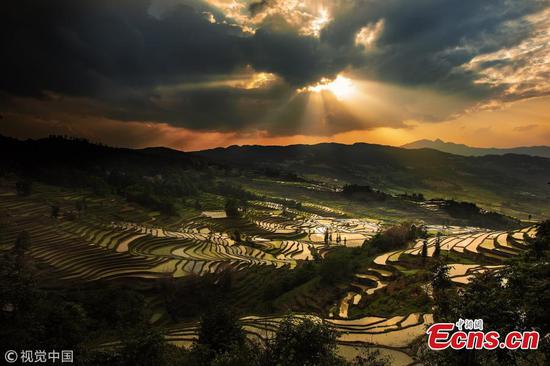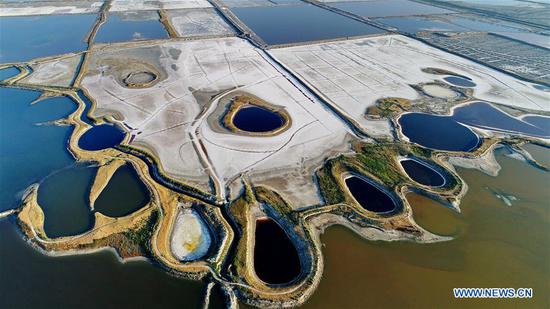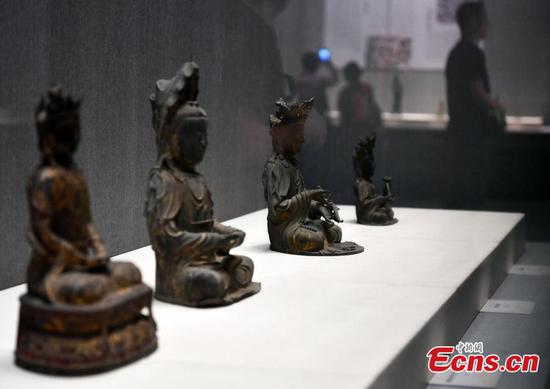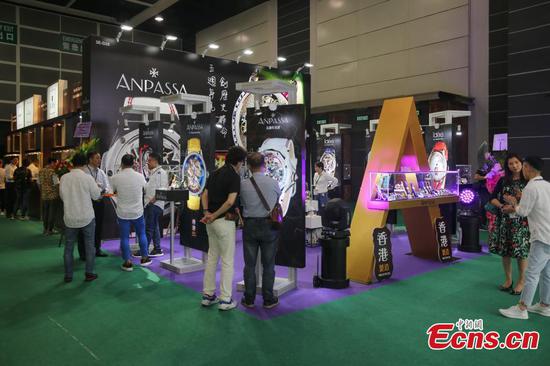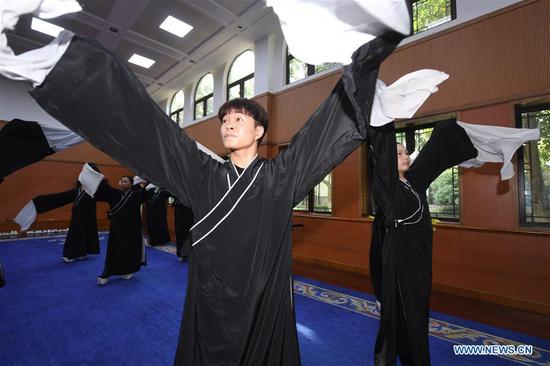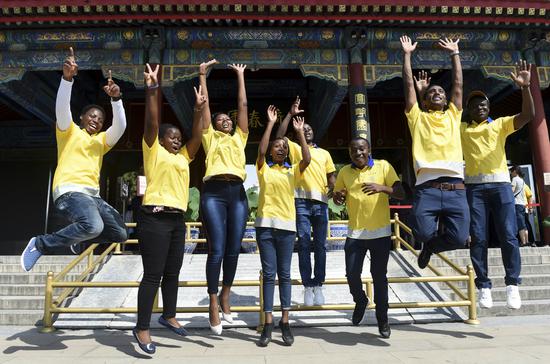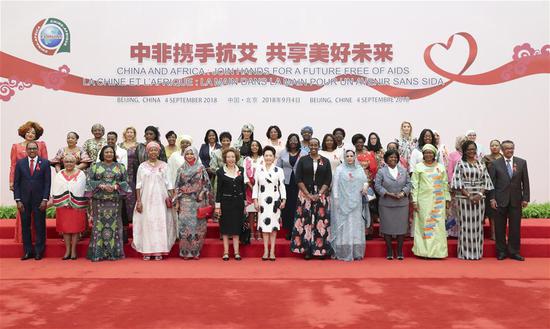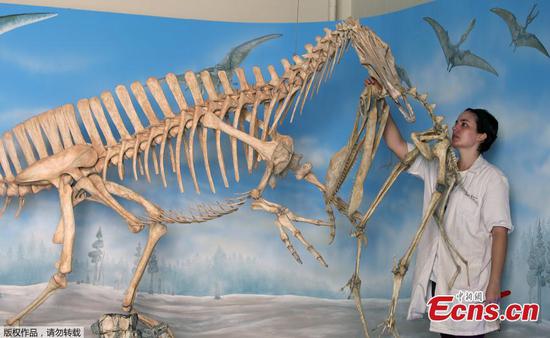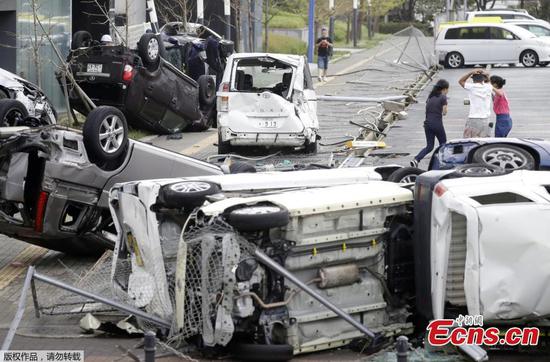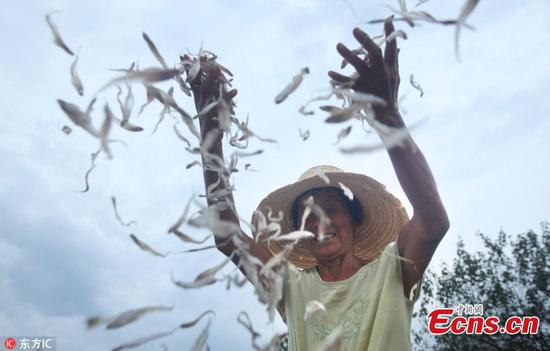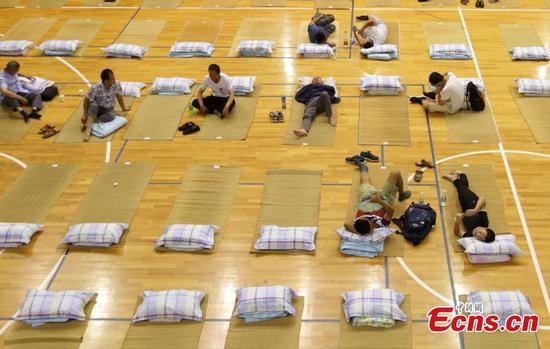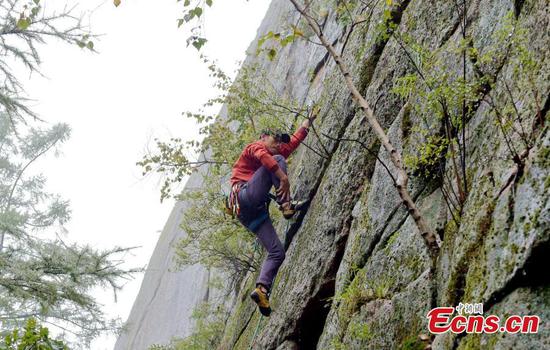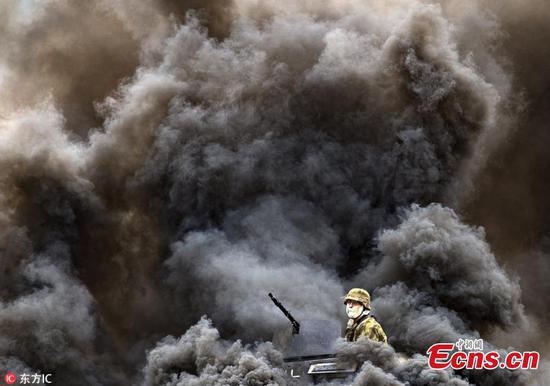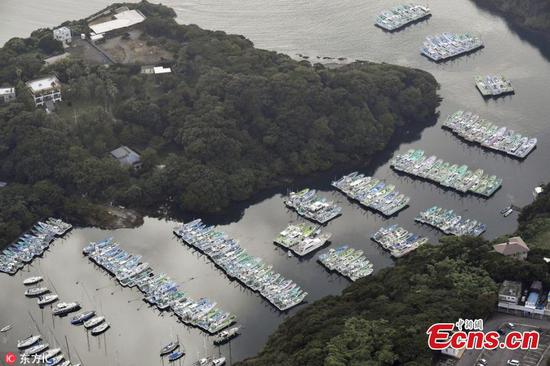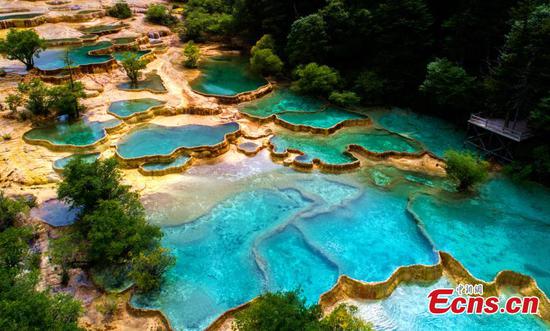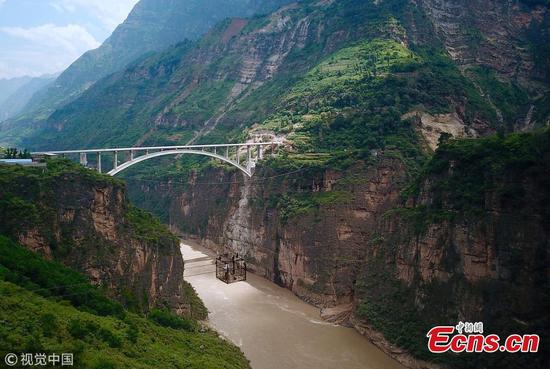Kim Jong Un, top leader of the Democratic People's Republic of Korea (DPRK), reconfirmed his firm commitment to the complete denuclearization of the Korean Peninsula, a South Korean presidential special envoy said Thursday after visiting Pyongyang.
Chung Eui-yong, top national security adviser for President Moon Jae-in who led a five-member special delegation, told a press briefing that the DPRK leader reconfirmed his firm commitment to the denuclearization of the peninsula when he met Kim in Pyongyang Wednesday.
Chung and four other delegates visited Pyongyang on their one-day mission as special emissaries, delivering Moon's letter to the DPRK leader.
Chung said the DPRK leader expressed his willingness to closely cooperate with the United States as well as South Korea for the complete denuclearization.
During the meeting with the South Korean delegation, Kim expressed his "stuffy" feeling over a part of international community raising doubts about his resolve to the denuclearization, according to the chief special envoy.
Kim said the DPRK had taken advance measures for the denuclearization, which he hoped would be accepted as a good faith, citing the dismantlement of its main Punggye-ri nuclear test site and its key Tongchang-ri missile engine test site.
No more nuclear test, Kim said, was made possible forever as the nuclear test site was completely destroyed, while dismantling the missile engine test site, a sole DPRK test site, meant the complete suspension of long-range ballistic missile test-firings in the future.
Kim asked the South Korean envoys to convey his message to the U.S. side, saying his trust in U.S. President Donald Trump has not changed nor will make any change.
The DPRK leader expressed his hope that Pyongyang and Washington would end a seven-decade history of hostility within President Trump's tenure, while realizing the denuclearization and improving the DPRK-U.S. relations, the chief South Korean envoy told reporters.
To discuss specific measures to be taken for the denuclearization, Moon and Kim would hold their summit for three days from Sept. 18 in the DPRK's capital city of Pyongyang, Chung noted.
The two Koreas will hold a high-ranking working-level meeting early next week at the border village of Panmunjom to discuss protocol, security, communications and media coverage for the upcoming summit, Chung said.
During the upcoming summit, Moon and Kim would discuss specific measures to denuclearize the Korean Peninsula, as well as issues on the permanent settlement of peace and co-prosperity on the peninsula and the implementation of the Panmunjom Declaration, which the two leaders signed after their April summit.
The two Koreas, the special envoy said, agreed to keep advancing the ongoing dialogues to defuse military tensions along the inter-Korean border, and to reach an agreement at the upcoming summit on concrete measures to build mutual trust and prevent military clashes.
Seoul and Pyongyang also agreed to open a joint inter-Korean liaison office, where representatives of the two sides reside, before the third Moon-Kim summit is held, while continuing necessary cooperation for it.
The two Koreas already completed necessary preparations, including construction and ways, to jointly open the joint liaison office at the DPRK's border town of Kaesong.
Chung said South Korea will brief the countries concerned, including the United States, in detail on the outcome of the special envoys' visit to Pyongyang, and closely cooperating with them
He added that the two Koreas will make consistent efforts, with patience, to develop inter-Korean ties, denuclearize the peninsula and build peace.









